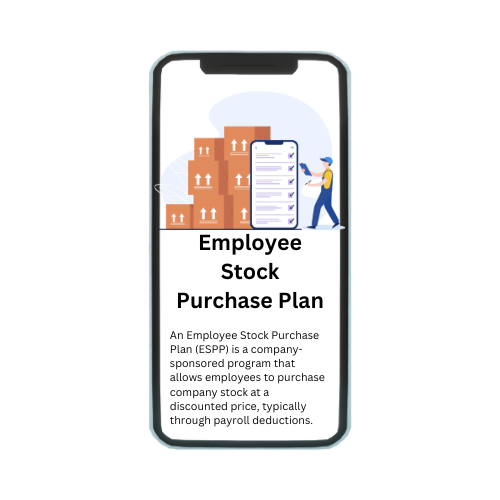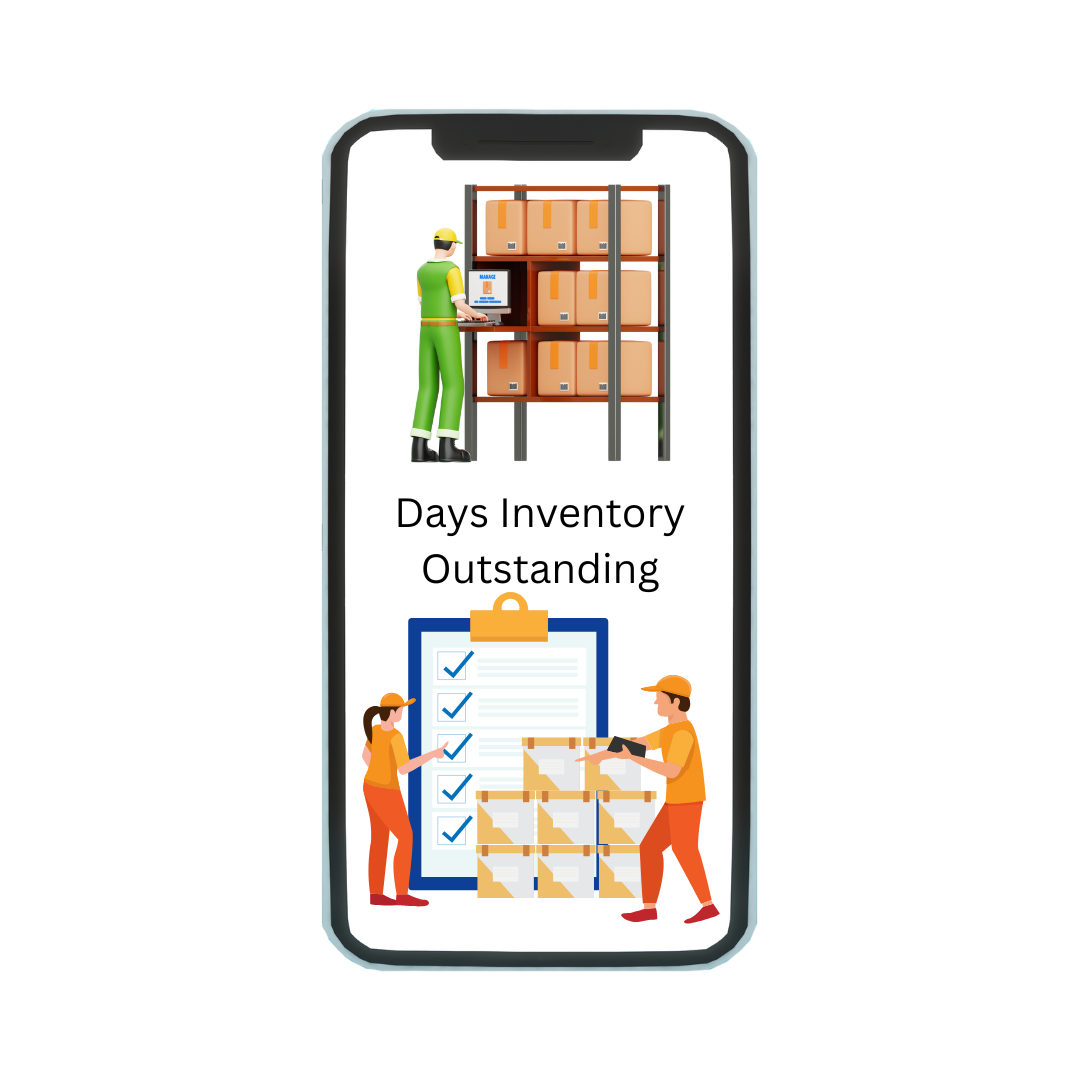An Employee Stock Purchase Plan (ESPP) is a company-sponsored program that allows employees to purchase company stock at a discounted price, typically through payroll deductions. This benefit is designed to incentivize employees to invest in their company’s success and share in its growth. ESPPs are structured to offer employees a significant discount on the stock’s market price, usually up to 15%. The process involves employees contributing a percentage of their salary over a specified period, with these contributions accumulating until they are used to purchase shares at the end of the offering period. This not only encourages employee ownership but also provides potential tax advantages, depending on the type of ESPP offered.
What Is an Employee Stock Purchase Plan (ESPP)?
An Employee Stock Purchase Plan (ESPP) is a company-sponsored program that allows employees to purchase company stock at a discounted price, typically through payroll deductions. This benefit is designed to incentivize employees to invest in their company’s success and share in its growth. ESPPs are structured to offer employees a significant discount on the stock’s market price, usually up to 15%. The process involves employees contributing a percentage of their salary over a specified period, with these contributions accumulating until they are used to purchase shares at the end of the offering period. This not only encourages employee ownership but also provides potential tax advantages, depending on the type of ESPP offered.
How Does an ESPP Work?
An Employee Stock Purchase Plan (ESPP) works by allowing eligible employees to contribute a portion of their salary to purchase company stock at a discounted price. The process typically begins with an enrollment period, during which employees decide whether to participate in the ESPP. Once enrolled, employees authorize payroll deductions from their salary, which are accumulated in a separate account over a specified offering period, often six months or a year. At the end of this period, the accumulated funds are used to purchase company stock on behalf of the participating employees. The purchase price is typically discounted from the market price, often up to 15%, providing employees with an immediate gain. Employees can choose to hold onto the purchased shares or sell them immediately. ESPPs are designed to encourage long-term investment in the company and align employees’ interests with shareholders’ interests. Additionally, depending on the type of ESPP, there may be tax advantages, such as deferring taxes until the shares are sold.
Who Is Eligible to Participate in an ESPP?
Eligibility to participate in an Employee Stock Purchase Plan (ESPP) generally includes full-time and sometimes part-time employees of the company. The specific eligibility criteria can vary between companies, but typically, employees must meet certain requirements to participate:
- Employee Status: Generally, ESPPs are available to full-time employees of the company. Some companies extend eligibility to part-time employees as well, but this can vary.
- Employment Duration: Employees may need to have been with the company for a certain period, such as one year, to participate.
- Geographical Restrictions: ESPP eligibility may be restricted to employees in certain countries where the company operates.
- Non-Employee Eligibility: In some cases, directors or consultants of the company may also be eligible to participate in the ESPP.
- Legal Restrictions: There may be legal restrictions or regulations in certain jurisdictions that affect eligibility criteria.
Benefits of Participating in an Employee Stock Purchase Plan (ESPP)?
Participating in an Employee Stock Purchase Plan (ESPP) offers several benefits to employees, which contribute to its popularity as a workplace benefit:
- Discounted Stock Purchase: One of the primary benefits of an ESPP is the opportunity for employees to purchase company stock at a discounted price. This discount is typically up to 15% off the market price, which allows employees to immediately gain from the purchase.
- Long-term Investment: ESPPs encourage employees to become long-term investors in their company. By purchasing company stock, employees have a vested interest in the company’s success and can benefit from its growth over time.
- Financial Gain: Employees can potentially profit from both the discounted purchase price and any subsequent increase in the stock price. This can result in substantial financial gain if the company performs well in the stock market.
- Tax Advantages: Depending on the type of ESPP, there may be tax benefits. In a qualified ESPP, taxes are typically deferred until the shares are sold, which can result in tax savings for employees.
- Employee Engagement: ESPPs can enhance employee engagement and morale by making employees feel like owners of the company. This ownership mentality can lead to increased productivity and commitment to the company’s goals.
- Diversification of Investments: By participating in an ESPP, employees can diversify their investment portfolio. This can be particularly beneficial if they already hold stock in other companies or investment vehicles.
ESPP Process
The Employee Stock Purchase Plan (ESPP) process involves several key steps that enable employees to participate in purchasing company stock at a discounted price:
- Enrollment: The process begins with an enrollment period, during which eligible employees can choose to participate in the ESPP. Employees must decide how much of their salary they want to contribute to the plan, typically up to a maximum allowed percentage.
- Payroll Deductions: Once enrolled, employees authorize payroll deductions from their salary. These deductions accumulate in a designated ESPP account over a specified offering period, which is usually six months or a year.
- Accumulation Period: During the offering period, the accumulated funds from payroll deductions are held in the ESPP account. This period allows employees to accumulate the necessary funds to purchase company stock at the end of the period.
- Purchase Date: At the end of the offering period, the accumulated funds are used to purchase company stock on behalf of the participating employees. The purchase price is typically discounted from the market price, often up to 15%, providing employees with an immediate gain.
- Stock Acquisition: After the purchase is made, employees become shareholders of the company. They can choose to hold onto the purchased shares or sell them immediately. The decision may depend on factors such as personal financial goals, market conditions, and tax implications.
- Continuous Offering: ESPPs often operate on a continuous basis, with multiple offering periods throughout the year. This allows new employees to enroll and existing participants to continue contributing and purchasing company stock.
Employee Stock Purchase Plan (ESPP) Deductions
Employee Stock Purchase Plan (ESPP) deductions refer to the process by which employees contribute a portion of their salary to participate in the ESPP. Once enrolled, employees authorize their employer to deduct a specified percentage of their salary, up to the maximum allowed by the plan, to fund the purchase of company stock. These deductions are typically taken from each paycheck over the course of the offering period, which is typically six months or a year. The accumulated deductions are held in an ESPP account until the end of the offering period, when they are used to purchase company stock on behalf of the participating employees at a discounted price. This process allows employees to acquire company stock with pre-tax dollars and benefit from the potential appreciation in stock value. The amount of deductions depends on the employee’s salary and the percentage they choose to contribute, as specified in the ESPP plan documents.
How Is an ESPP Taxed?
Employee Stock Purchase Plans (ESPPs) are taxed differently depending on whether they are qualified or non-qualified plans:
- Qualified ESPPs: In a qualified ESPP, there are typically no taxes due at the time of purchase. Employees contribute to the plan with after-tax dollars, and the discount on the stock price is not taxed as ordinary income. Instead, taxes are deferred until the shares are sold. When the shares are sold, the difference between the purchase price and the selling price is treated as a capital gain or loss. If the shares are held for at least one year after the purchase date and two years after the beginning of the offering period, any gain is treated as a long-term capital gain, which is typically taxed at a lower rate than ordinary income.
- Non-Qualified ESPPs: In a non-qualified ESPP, employees are typically taxed on the discount received on the stock price as ordinary income in the year the stock is purchased. The discount is added to the employee’s W-2 as ordinary income, and taxes are withheld by the employer. Any subsequent gain or loss when the shares are sold is treated as a capital gain or loss.
Conclusion
In conclusion, Employee Stock Purchase Plans (ESPPs) are valuable benefits that many companies offer to their employees. ESPPs provide employees with the opportunity to purchase company stock at a discounted price, typically up to 15% off the market value, through payroll deductions. This benefit not only encourages employee ownership and long-term investment in the company but also aligns employees’ interests with those of shareholders. ESPPs can enhance employee engagement and morale by making employees feel like stakeholders in the company’s success. Additionally, ESPPs may offer tax advantages, depending on whether they are qualified or non-qualified plans. Qualified ESPPs can defer taxes until the shares are sold, potentially resulting in lower tax rates for long-term capital gains. Non-qualified ESPPs, however, may subject employees to immediate taxation on the discount received. Overall, ESPPs are a valuable component of employee benefits packages, providing both financial benefits and a sense of ownership in the companies for which employees work.
Frequently Asked Questions(FAQs)
Employees can typically contribute up to 15% of their salary to an ESPP, but this can vary by plan.
ESPP contributions are not tax-deductible, but there may be tax advantages depending on the type of plan.
ESPP rules vary, but typically you can sell your accumulated shares or withdraw from the plan.
Yes, you can sell your ESPP shares immediately after purchase, but this may affect your tax liability.
ESPPs can be a good investment if your company performs well and the stock price increases.





